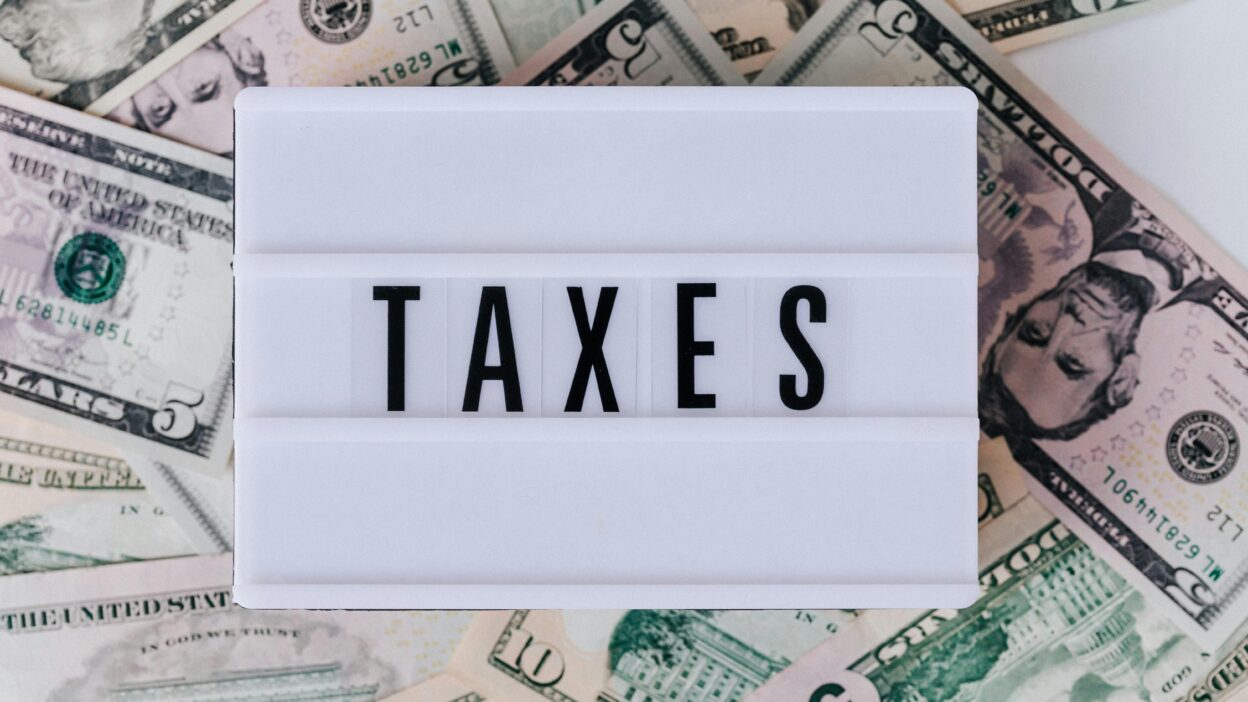Summary:
Discover the essential tax considerations for new business owners in the United States and learn how to manage your tax obligations effectively.
Understanding Federal Tax Obligations
When starting a business in the USA, it is crucial to understand your federal tax obligations. There are companies out there that can help you with the whole process. For now, let’s dive into the federal tax obligations.
The Internal Revenue Service (IRS) is responsible for administering federal tax laws, and as a business owner, you need to comply with these laws.
One of the first steps is to obtain an Employer Identification Number (EIN) from the IRS. This unique identifier is necessary for tax purposes and will be used to file your federal tax returns.
Additionally, you need to determine the appropriate federal tax form to file.
The type of form depends on the legal structure of your business.
For example, if you have a sole proprietorship, you will report your business income and expenses on Schedule C, which is attached to your personal tax return (Form 1040).
On the other hand, if you have a corporation, also known as a C-Corp, you will file a separate tax return using Form 1120.
It is also important to keep accurate records of your business income and expenses. This will help you calculate your taxable income and ensure that you are claiming all eligible deductions and credits.
Finally, be aware of important federal tax deadlines. The deadline for filing federal income tax returns is typically April 15th, but it may be extended if the 15th falls on a weekend or holiday.
Navigating State Tax Regulations
When starting a business in the USA, you must also navigate state tax regulations in addition to federal taxes.
Each state has its own tax laws and requirements, so it is important to research and understand the specific regulations for the state where your business is located.
State taxes can include income tax, sales tax, property tax, and more.
Depending on your business activities and location, you may be subject to different types of state taxes.
To ensure compliance with state tax regulations, consider consulting with a tax professional familiar with your state’s tax laws.
They can help you understand your obligations and assist with tax planning strategies to minimize your state tax liability.
It is also important to stay updated on any changes to state tax laws.
Tax regulations can change over time, and being aware of these changes will help you avoid any potential penalties or fines.
Remember to keep accurate records of your state tax payments and filings. This will help you stay organized and make the tax filing process easier.

Maximizing Tax Deductions for Business Expenses
As a business owner, maximizing your tax deductions for business expenses is important. This can help reduce your taxable income and lower your overall tax liability.
Several types of business expenses may be deductible, including office rent, employee wages, marketing expenses, and supplies. It is important to keep detailed records of these expenses and ensure they are ordinary and necessary for your business.
One common deduction for small businesses is the home office deduction. If you use a portion of your home exclusively for business purposes, you may be able to deduct a portion of your rent or mortgage interest, utilities, and other home-related expenses.
Another deduction to consider is the Section 179 deduction, which allows you to deduct the cost of certain qualifying property in the year it is placed in service. This can include equipment, vehicles, and machinery used in your business.
To maximize your tax deductions, consider working with a tax professional who can help identify all eligible deductions and ensure you are taking full advantage of available tax breaks.
Strategies for Tax Planning and Compliance
Tax planning and compliance are essential for small business owners to manage their tax obligations effectively. By implementing strategies and staying organized, you can minimize your tax liability and avoid potential issues with the IRS.
One strategy is to keep track of your income and expenses throughout the year. This will help you accurately calculate your taxable income and ensure you are not missing any deductible expenses. Consider using accounting software or hiring a bookkeeper to assist with recordkeeping.
Another important aspect of tax planning is estimating your tax payments. As a business owner, you may need to make quarterly estimated tax payments to the IRS and state tax authorities. By estimating your tax liability and making timely payments, you can avoid underpayment penalties.
It is also beneficial to review your business structure and consider if any changes could result in tax savings. For example, changing from a sole proprietorship to an S corporation may allow you to reduce self-employment taxes.
Finally, staying informed about changes in tax laws and regulations is crucial. The tax landscape is constantly evolving, and being aware of any updates or new legislation will help you stay in compliance and take advantage of any available tax incentives.
Preparing for Tax Season as a Small Business Owner
Tax season can be a stressful time for small business owners, but with proper preparation, you can streamline the process and ensure accurate tax filings.
First, gather all necessary documents and records. This includes your income statements, expense receipts, bank statements, and any other supporting documentation for your tax return. Having these documents organized and easily accessible will save you time when it comes to preparing your tax return.
Consider using tax preparation software or hiring a professional tax preparer to assist with your tax filings. They can help ensure that you are taking advantage of all available deductions and credits, as well as accurately calculate your tax liability.
If you are unsure about any aspect of your tax return, do not hesitate to seek guidance from a tax professional. They can provide expert advice and help you navigate any complex tax issues specific to your business.
Finally, file your tax return on time to avoid any late filing penalties. If you are unable to file by the deadline, consider filing for an extension to avoid additional fees.
By following these steps and staying organized, you can effectively prepare for tax season and meet your tax obligations as a small business owner.




